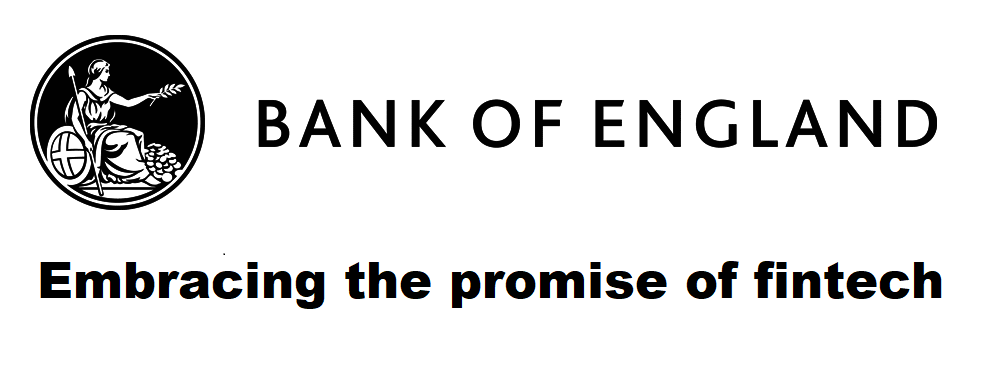
A project by the Bank of England and the London BIS Innovation Hub to use AI to spot unfolding and novel financial crime patterns in real-time retail payment systems showed promise but threw up a number of limitations to its efficacy.
Protecting payment systems from financial crime, while upholding user privacy, is an important challenge in delivering the future of payments. Building on the findings from Project Aurora, BIS Innovation Hub’s Project Hertha explored how transaction analytics could help identify financial crime patterns in real-time retail payment systems, while using the minimum set of data points.
The project is a collaboration between the Innovation Hub’s London Centre and the Bank of England.
To evade detection, criminals operate in complex networks which include many accounts across multiple financial institutions. Electronic payment systems process transactions across many participants, which gives them a network-wide view. Project Hertha tested the application of modern artificial intelligence (AI) techniques to help spot complex and coordinated criminal activity in payment system data.
Project Hertha found that payment system analytics could be a valuable supplementary tool to help banks and payment service providers (PSPs) spot suspicious activity.
„Using findings from payment system analytics helped banks and PSPs find 12% more illicit accounts than they would otherwise have found. Payment system analytics proved particularly valuable for spotting novel financial crime patterns. When trying to spot previously unseen behaviours, it helped achieve a 26% improvement.” – according to the press release.
The experiments were conducted using a state-of-the-art simulated synthetic transaction dataset, developed as part of the project. It includes data for 1.8 million bank accounts and 308 million transactions. The dataset was built by using an advanced AI model trained to simulate realistic transaction patterns. While no real customer data was used in the exercise, the dataset was designed to be representative of an ecosystem of retail payments in a single jurisdiction.
The results demonstrate promise but also show there are limits to the application and effectiveness of system analytics. It is just one piece of the puzzle. The introduction of a similar solution would also raise complex practical, legal and regulatory issues. Analysing these was beyond the scope of Project Hertha.
The results also highlight the importance of labelled training data, robust model feedback loop and explainable AI algorithms to maximise effectiveness.
The project takes its name from the pioneering British scientist, prolific inventor, and suffragette Hertha Ayrton. In 1904, she became the first woman to read a paper before the Royal Society. Two years later, her work on the electric arc and sand ripples won the Hughes Medal for outstanding contributions to physical sciences.
__________
Related information – Project Hertha
Banking 4.0 – „how was the experience for you”
„To be honest I think that Sinaia, your conference, is much better then Davos.”
Many more interesting quotes in the video below: